Local authorities are not-for-profit which means, unlike some independent fostering agencies, all the funding we receive directly supports the children in our care and the foster carers who have become part of their family.
As a foster carer you will receive generous financial assistance. How this is calculated differs between local authorities and is based on things like the type of fostering you undertake, your level of skill and expertise, how many children you foster, and for how long.
The pay you receive is usually split into two parts. The first is an ‘allowance’ which is calculated based on the child’s age and the number of children you are caring for. This money is for you to spend on the child and might go towards clothes, food, activities, after school club and transport they might need.


You will also receive a foster carers’ payment, sometimes known as a ‘fee’. This payment is for you and acknowledges the skills, training, time and commitment needed to look after the children in your care.
Foster carers are also given money to be spent on the child for holiday expenses, birthdays and celebrations that may be important (like Christmas, Eid, and Diwali). Some councils provide this as an annual payment while others spread it out each month.
Did you know?
Foster carers are considered self-employed and are subject to specialist tax rules. This means they can be exempt from paying tax on all or most of their fostering income, depending on certain factors. More information about tax rules for foster carers can be found by visiting GOV.UK or the Fostering Network’s website.
Want to know more?
For more information about pay and allowances in your local area please get in touch.
